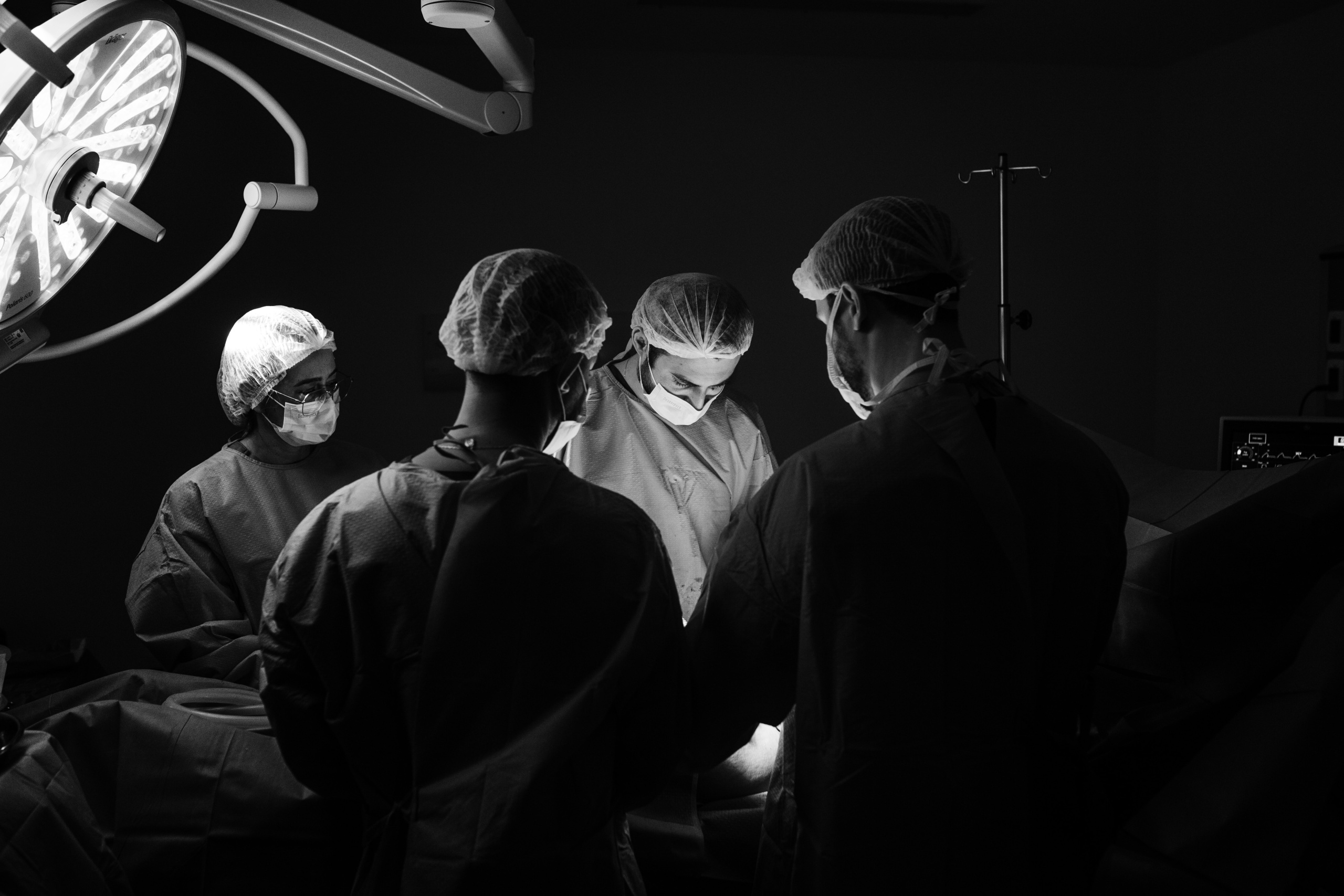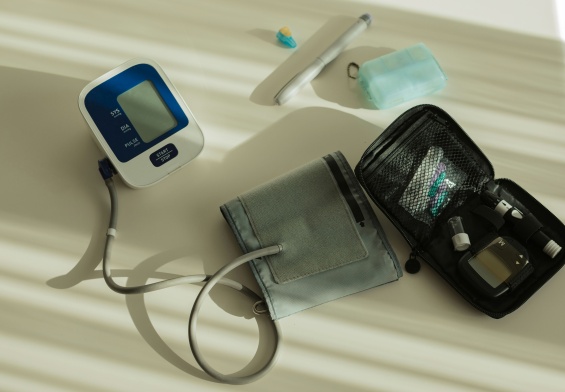Varicocelectomy, aricocelectomy, a surgical intervention for varicoceles, is particularly relevant in the context of senior health care. As caregivers and in-home care service providers, understanding this procedure, its implications, and how it fits into the broader context of senior home care is essential. This comprehensive guide delves into the various aspects of varicocelectomy, tailored specifically for the elderly.
Understanding Varicocelectomy
Varicocelectomy is a surgery performed to treat varicoceles, which are enlarged veins in the scrotum. This condition can cause chronic pain, infertility, and other complications in men. In seniors, the management of varicoceles is crucial due to the increased risk of complications from existing chronic conditions.
Surgical Techniques
Varicocelectomy encompasses three main surgical techniques:
- Microsurgical Varicocelectomy: This open surgery involves an incision in the groin to access and tie off abnormal veins.
- Laparoscopic Varicocelectomy: A minimally invasive procedure using tiny incisions in the abdomen.
- Percutaneous Embolization: A non-surgical option where a catheter is used to block off the veins.
Microsurgical varicocelectomy, particularly through a subinguinal incision, is often preferred due to its high success rates.
Indications and Contraindications
Varicocelectomy is typically indicated for chronic pain or infertility due to varicoceles. However, not every varicocele requires surgery, especially low-grade varicoceles that are asymptomatic and do not impact fertility or hormone levels. The decision for surgery should be based on a thorough evaluation of symptoms, sperm quality, and overall health.
Potential Risks
Like any surgical procedure, varicocelectomy carries risks, including hydroceles, infection, vascular perforation, and varicocele recurrence. The risk profile varies with the chosen surgical technique, with open microsurgery generally having lower risks.
Varicocelectomy in Senior Home Care
For seniors with chronic conditions, managing varicoceles through varicocelectomy can be a part of a comprehensive care plan. In-home care for these patients involves:
- Pre- and Post-Surgical Care: Ensuring that seniors are prepared for surgery and receive appropriate post-operative care, including wound management and monitoring for complications.
- Pain Management: Addressing post-surgical discomfort and any chronic pain associated with varicoceles.
- Mobility and Activity Limitations: Assisting with mobility and advising on activity restrictions during the recovery period.
- Nutritional Support: Providing a balanced diet to promote healing and overall health.
- Emotional and Psychological Support: Addressing the emotional impact of undergoing surgery and dealing with chronic conditions.
Recovery and Follow-Up
Recovery times vary based on the surgical method, with percutaneous embolization having the shortest recovery period. Regular follow-up appointments are crucial to monitor healing and assess the effectiveness of the surgery, especially in relation to fertility.
Varicocelectomy and Male Fertility
While varicocelectomy is effective in relieving testicular pain, its role in restoring male fertility is subject to debate. The procedure may improve sperm quality and quantity, thereby enhancing the chances of conception.
Special Considerations in Pediatrics
In adolescents, the onset of varicocele symptoms often occurs in early adolescence. Surgical intervention in this group is considered based on chronic pain, abnormal semen parameters, and progressive testicular growth issues.
Preparing for Surgery
Preparation for varicocelectomy includes consultations with a urologist or interventional radiologist, fasting guidelines, and medication adjustments. Patients should also arrange for transportation and assistance post-surgery.
The Role of Caregivers in Recovery
Caregivers play a vital role in the recovery process, assisting with medication management, wound care, and ensuring adherence to activity restrictions. They also provide emotional support and help in navigating follow-up care.
Enhancing Senior Care through Varicocelectomy
Varicocelectomy can significantly improve the quality of life for seniors suffering from varicoceles. By alleviating pain and potential fertility issues, the procedure can contribute to overall well-being. Caregivers and in-home care services must be equipped with the knowledge and skills to support seniors through this process.
Educating Seniors and Families
Education is key in managing expectations and preparing for the surgery and recovery process. Caregivers should ensure that seniors and their families are well-informed about the procedure, potential risks, and the expected outcomes.
Long-Term Monitoring
Post-surgery, long-term monitoring is essential to check for recurrence of varicoceles and to manage any other related health issues. Regular check-ups with a healthcare provider are crucial.
Conclusion
Varicocelectomy is a significant surgical option for managing varicoceles, especially in cases of chronic pain and infertility. In the context of senior home care, it requires careful planning, skilled post-operative care, and a supportive environment to ensure successful recovery and improved quality of life.




